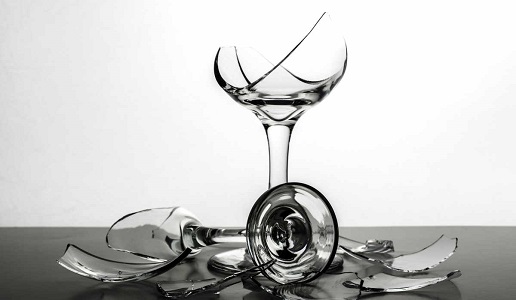Wine’s fragility

The date the European Union has set for its decision in regard to alcoholic beverages, and thus also wine, is February 14. The question now is: how much will the world of wine be penalised?
You have probably read about (also here) how there is an authentic attack on the world of wine on the part of Beca, which is an acronym for Beating Cancer, the plan that the European Commission embarked upon in February 2020 with the creation of a steering committee. The actual target is alcohol, but since wine is an alcoholic beverage, according to the committee, it is expected they will deal with it harshly.
Should their proposed plan be adopted, all the subsidies recognized up until now for wine production and promotion would be eliminated. Furthermore, wine labels would have to carry warnings, similar to those now found on cigarette packages, and a campaign would be launched to dissuade its consumption on the grounds that any and everything that could potentially cause cancer should be avoided. Wine is not the only product that stands accused but it is one of them and it involves a host of other related sectors on all levels.
It is the opinion of some EU commissioners that responsible and admissible consumption does not exist and consuming any form of alcohol is bad and that is that. No arguments are allowed in regard to traditions, culture or eating habits and not even economics, agriculture nor the environment. In Italy, but also in France and Spain where the situation is similar, some 600,000 hectares of land are cultivated with grape vines, 6,000sq km, a surface area larger than the entire region of Liguria. If you add together all the vineyards in the EU, the area would be four times as large.
Were limits to be placed on this there would be not only drastic consequences for the landscape and environment but it would also lead to an exodus from the agricultural sector with all the ramifications imaginable for territory. For sure, alcohol can be harmful, it is a cancerous substance and whatever and this should not be underestimated. But to severely punish the world of wine because of this is not a fundamental remedy, this also because, as we argued in a previous editorial, wine is not just alcohol.
So the question arises: why have they adopted such a position in the name of “scientific objectivity”? Perhaps, and I mean perhaps, the answer has to do with the fact that the world of wine is a fragile one, there are many producers and many are small and thus wine is an easy target for those engaged in an anti-alcohol campaign. Added to this is the fact that wine is produced only in certain countries, almost all of them in southern Europe. Furthermore, after the campaign waged on nutritional grounds against carbonated and sweet soft drinks produced by major multinationals, I kind of expected that someone would have raised their hands and said: “and what about wine?”.
February 14 is around the corner and the European Commission will have to issue its decision and I fear it will have to make some concessions to the anti-alcohol scientific community, even if European Commission Vice President Margaritis, bless her heart, said last year that the EU would certainly not ban wine nor impose alarming warning labels on its bottles.
But should we then brace ourselves for the possible imposition of tariffs and/or a cut in funds for promotion, like the OCM funds, which would lead to an increase in prices and thus naturally result in a decline in consumption? Let’s hope not but we should be ready to deal with the matter in the future.

 Italiano
Italiano











